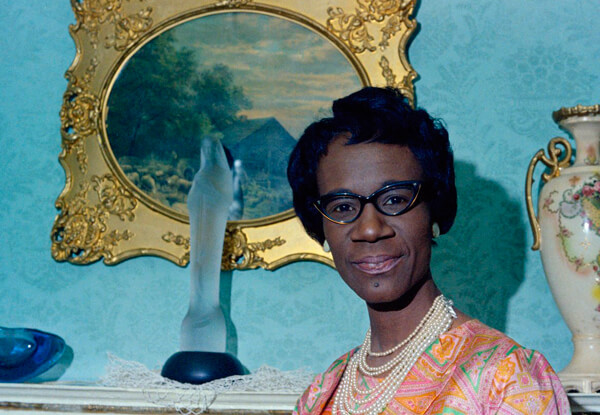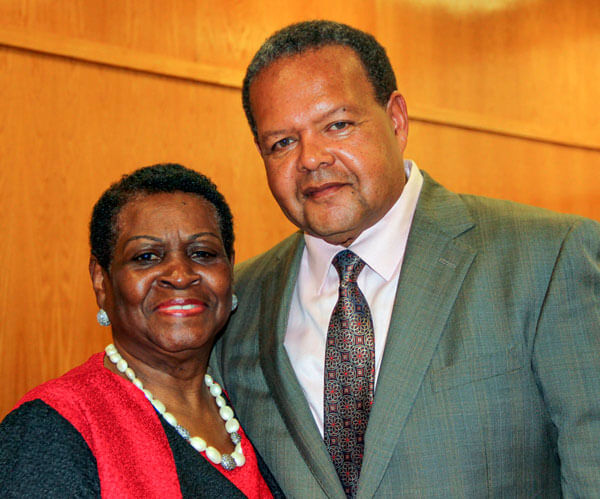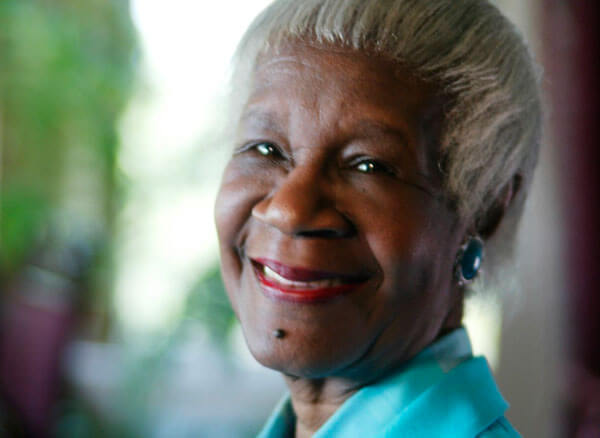During her time in Congress, Shirley Chisholm introduced more than 50 pieces of legislation and played a critical role in the expansion of SNAP and the creation of WIC (Women, Infants, and Children) funding.
Politics as usual is usual no more.
On the federal level, we have the most diverse Congress in this country’s history. Locally, the state legislature, for the first time in its history, is led by a black woman and man who, along with the assistance of lifelong advocates, helped usher through the most progressive legislative session we’ve seen in decades.
Much of this is thanks to the group some have called the backbone of the Democratic Party: black women. According to the U.S. Census Bureau, 55% of eligible black women voters cast ballots in last year’s midterm elections, six percentage points above the national turnout, and they are one of the most consistent groups of Democratic voters.
Yet despite the progress black women have brought, they are being left behind.
Severe maternal mortality rates are as much as three times higher among black women than white women, and these rates have been going up, not down, in recent years.
This morbidity rate cuts across levels of education, wealth, and socioeconomic status. The rate holds even when you control for other variables. All of this is why this year, the legislature established two new state entities to investigate the alarming maternal deaths and maternal morbidity rates affecting women across New York.
But in an age of political revolution, sweeping ideals, and even discussions around reparations, now is the time for us to dream even bigger.
This past Saturday would have been the 95th birthday of one of New York’s greatest visionaries: Shirley Chisholm. Today, Chisholm is rightly recognized as a hero — we just dedicated a state park to her legacy in Brooklyn. But back in her heyday, people weren’t so receptive. The Democratic Party blocked her from participating in televised debates, and most of her congressional colleagues chose not to support her during her presidential run. Still, “Fighting Shirley” introduced more than 50 pieces of legislation and played a critical role in the expansion of SNAP and the creation of WIC (Women, Infants, and Children) funding.
Since then, black women in Central Brooklyn have delivered for this city, state, and country; now, it is time we deliver for them. That is why today, in the spirit of Chisholm’s legacy of standing up for New York’s women and children, I am calling for a new, major investment in maternal and child welfare in Central Brooklyn: the Chisholm Chance Plan.
With the Chisholm Chance Plan, we will make a historic investment of $60 million in the health and wellbeing of women and children in the epicenter of the severe maternal morbidity crisis, Central Brooklyn, and pass legislation that will expand the availability of maternal care statewide. The plan has three parts.
First, we will expand an anchor of women’s health in Brooklyn: SUNY Downstate. While maternal mortality rates are particularly high among black women in Brooklyn, they are highest in the neighborhoods immediately surrounding the SUNY Downstate campus. Research tells us that having both a women’s and children’s hospital in the same location decreases instances of morbidity for both the mother and child; it is time we expand Downstate’s capacity so that it can meet the challenges surrounding it.
Second, we will empower the women-of-color led community based organizations that are doing the work on the ground now. My office recently joined with Senate Majority Leader Stewart-Cousins to hold a roundtable discussion with local organizations on maternal health, and one thing was clear: These organizations are leading the effort to address the high rates of maternal mortality and morbidity in our communities, but they need a level of resources that is commensurate to the problem. The Chisholm Chance Plan will make much needed investments in these groups.
Third, we need to pass legislation that will open up pathways to more holistic maternal care. For years, health experts have recognized that providing mothers the support of doulas — certified health coaches who help women prepare for and give birth — is an effective and cost-saving way to improve maternal health outcomes. Yet New York’s Medicaid rules do not allow public health dollars to support doula services. Submitting a Medicaid rule change to expand doula care has the potential to improve health outcomes, lower the cost of births, and reduce medical complications that follow from non-essential procedures.
If we are to reap the perennial investments of black women, we have a duty to perennially invest in them. That begins with a commitment to their health and the health of their children. What better way to show that commitment, than real capital investment right at the heart of the problem? If we can do it elsewhere, why not here?
Let’s give our women and children a Chisholm Chance at life. Let’s enact the Chisholm Chance Plan.
Zellnor Myrie is a Democratic state senator representing the 20th district in Brooklyn, and is the chair of the Committee on Elections.



















